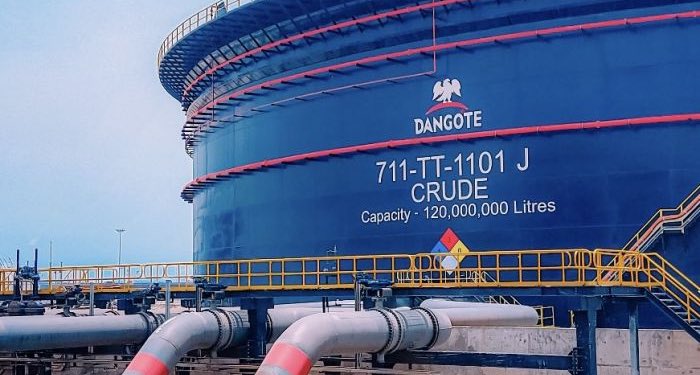OPEC’s oil production saw a notable increase in May 2024, driven by higher exports from Nigeria and Iraq.
According to a Reuters survey released on Tuesday, the Organisation of the Petroleum Exporting Countries pumped 26.63 million barrels per day (bpd) last month, marking an increase of 145,000 bpd from April.
Join our WhatsApp ChannelThe survey, which bases its findings on shipping data and industry sources, indicates that Nigeria and Iraq each boosted their output by 50,000 bpd. This rise helped counteract the voluntary supply cuts agreed upon by some OPEC members and the wider OPEC+ alliance.
“The increase in oil exports from Nigeria and Iraq was significant,” said an industry source familiar with the survey’s findings. “These countries managed to raise their output despite the ongoing efforts by OPEC+ to stabilize the market through controlled production.”
Iraq, OPEC’s second-largest producer, alongside OPEC+ member Kazakhstan, had pledged to cut back further in 2024 to compensate for previous overproduction. However, Iraq’s increased output in May showcases its substantial contribution to OPEC’s overall production.
READ ALSO: OPEC Woos Namibia As African Nation Aims For Oil Production By 2030
Several OPEC+ members implemented new cuts in January to address economic challenges and boost supply from non-group members. These cuts were initially extended until June and have now been confirmed to remain in place for the third quarter of 2024. Despite this, the rise in production from key members like Nigeria and Iraq has balanced the market dynamics.
Saudi Arabia and the United Arab Emirates also showed smaller production hikes, contributing to the overall increase in OPEC’s output. On the other hand, Algeria was the only member to reduce its output due to maintenance work at its oilfields.
“OPEC’s output in May exceeded the target for the nine members subject to supply cut agreements by around 250,000 bpd, with Iraq accounting for a significant portion of this excess,” the survey reported. This indicates that the organization is pumping more than the agreed levels, which could influence future market strategies.
Among OPEC members not required to cut output, Iran and Venezuela also reported slight increases. Iran, in particular, is producing near a five-year high achieved in November 2023, despite ongoing sanctions from the United States.
The Reuters survey, designed to track market supply, compiles data from shipping records, external sources, and industry information. Contributors to the survey include companies like Petro-Logistics and Kpler, and insights from oil companies, OPEC officials, and consultants.
This increase in OPEC’s production comes at a time when global oil markets are closely monitoring supply and demand dynamics. The ongoing adjustments and strategic decisions by OPEC and its allies will continue to play a crucial role in shaping the global energy landscape.
Emmanuel Ochayi is a journalist. He is a graduate of the University of Lagos, School of first choice and the nations pride. Emmanuel is keen on exploring writing angles in different areas, including Business, climate change, politics, Education, and others.
- Emmanuel Ochayihttps://www.primebusiness.africa/author/ochayi/
- Emmanuel Ochayihttps://www.primebusiness.africa/author/ochayi/
- Emmanuel Ochayihttps://www.primebusiness.africa/author/ochayi/
- Emmanuel Ochayihttps://www.primebusiness.africa/author/ochayi/


















Follow Us